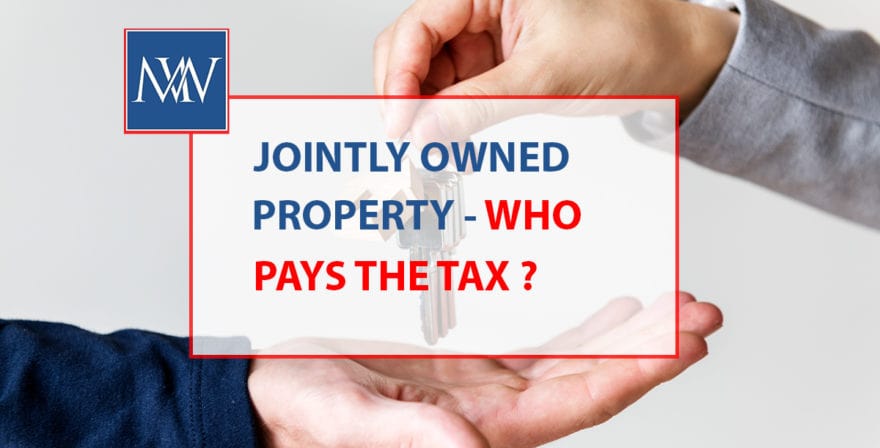
Jointly-owned property – who pays the tax?
Where property is jointly-owned, the way in which the rental income can be split between the
joint owners for tax purposes depends on whether the joint owners are married or in a civil
partnership or not.
Married couples and civil partners
Where a property is jointly owned by a married couple or civil partners, the basic rule is that
the rental income is split equally, regardless of the actual underlying ownership.
Example
Tom and Richard are married. They jointly own a flat in which Tom has a 70% stake and
Richard has a 30% stake. The flat is let out. The rental profit is £8,000 a year.
Despite owning the property in unequal shares, Tom and Richard are both taxed on 50% of
the rental income (£4,000).
However, where the beneficial ownership is unequal, the couple can elect (on Form 17) for
the income to be assessed for tax purposes in accordance with their actual beneficial
shares. In the above example, were Tom and Richard to make a Form 17 election, Tom
would be taxed on rental profits of £5,600 (70%) and Richard would be taxed on £2,400
(30%).
For married couples and civil partners, the only permissible allocations are 50:50 (the default
position) and, on the making of a Form 17 election, in accordance with actual ownership
where the property is owned in unequal shares.
Joint owners who are not married or in a civil partnership
Where a property is owned jointly by individuals who are not married or in a civil partnership,
it is usual for the rental income to be allocated in accordance with the ownership share.
However, the joint owners can agree to a different division of profits and losses – the
allocation for tax purposes does not have to mirror the actual ownership of the property.
However, where a different allocation is agreed, the split for tax purposes must match the
actual allocation of rental profits.
Example
Jake and his girlfriend Jade jointly own a flat which they let out. Jake owns 20% of the
property and Jade owns 80% of the property. The rental profit is £10,000 a year.
Jade has £3,000 of her basic rate band available, whereas Jake has £9,000 of his basic rate
band available. Therefore, to minimise the tax payable on the rental income, they agree that
it will be shared so that Jade receives 30% (£3,000) and Jake receives 70% (£7,000).
Where joint owners are not married or in a civil partnership it is possible to agree an actual
allocation that minimises tax. However, depending on the relationship between the owners,
the tax considerations may be secondary as each owner may be keen to receive a share of
rental profits proportionate to their actual stake in the property.
Need Accountancy Support?
For information on bespoke training, or if you have any other questions for Makesworth Accountant, please fill in your details below
















 151
151